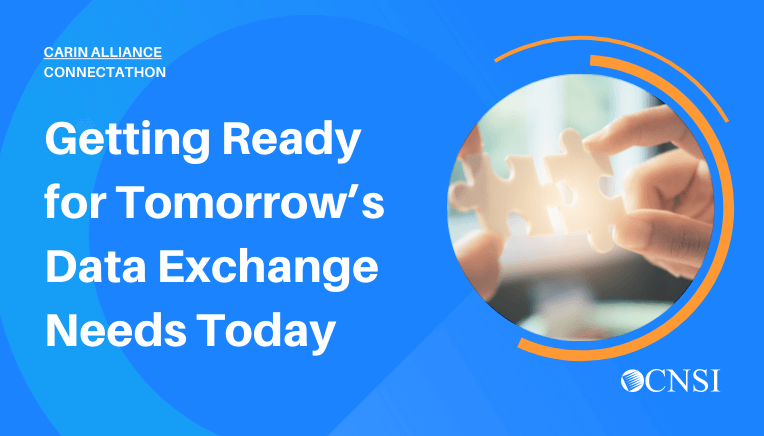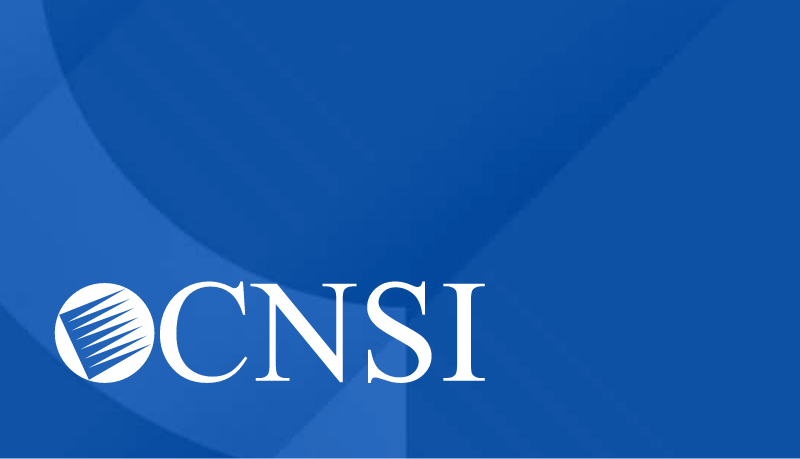
Expert Advice on Tackling Modernization Challenges
July 31, 2019
Categories: Thought Leadership
How do other states tackle modernization challenges? What’s the best way to get stakeholders on board for the cloud? And how do you prioritize individual modules? If you’re asking yourself questions like these, you are not alone. Many state health IT leaders are looking for guidance and best practices when determining the best way to progress in their modular capabilities.
To answer those questions and provide additional insights, we asked three state health IT leaders—from Utah, Michigan, and Washington—to share their insights from the leading edge of modernization. Read on for modernization observations from leaders in Utah, Michigan, and Washington, and then check out this video to get more details on each of their stories.
Cost/Benefit Analysis Helps Utah Make Informed Decision
Jason Stewart, Director, MMIS, and PMO for the State of Utah, suggests a cost/benefit analysis when helping stakeholders make informed cloud decisions.
“We went and saw state-of-the-art data centers—all the security, all the different pieces. And for them [the stakeholders] the biggest concern was to have the data in the state, regardless of kind of security around those specific pieces. So, it was a lot of negotiation. We had to sit down with them and figure out, ‘Well, where do you guys feel comfortable?’ We looked at private data centers within the state and all the [other] different options that we had. We did cost/benefit analyses and just sat down with [our stakeholders] and gave them some options.”
“And as we worked through that, it really came down to sitting those options down in front of them and letting them choose, pointing out the pros and cons [of each option] and showing the cost/benefit analysis.”
Partnerships Help Michigan Modernize
Michigan’s Karen Scott, Director, MMIS Michigan Department of Health and Human Services, emphasizes the importance of state partnerships in the modernization process.
“Michigan has their idea. Illinois has their idea. You bring it together, and you’ve got one set of requirements you work with your vendor, and now you’ve got an even better product too—because it’s something that you’ll be able to really expand on.” Michelle explains that this kind of collaboration also helps when it comes to getting vendors to be responsive to requests.
“Those elements of discussion when it comes to requirements and fit gaps—the partnership with another state helps to make it better. Even with Washington and Utah, we’ve found the same thing. We collaborate. We ask, ‘What are you guys doing with this? Have you pushed the vendor on it and where is it going?’ From a product perspective, I think we’re getting a lot more from our MMIS because of that shared platform and the ability to communicate across the business as well as the technology.”
Washington’s Focus on Data Governance
Cathie Ott, Director, ProviderOne Operations and Services, State of Washington, assets that data governance is one important element in modernization success.
“We have just commenced on building a governance structure—which is not easy in the state of Washington if you look at Medicaid across the state and Health & Human Services. It’s five state agencies that we’ve built a governing coalition together, and we’re looking at modular principles that flow across that coalition so that when we do some of these enhancements, we can share them across the state.”
“When we look at the integration of systems, [we’re thinking about] ownership and data sharing. We’ve really launched that work to look at who owns the data, who’s going to own the systems, and what a shared system might look like. It’s a work in progress, but we’ve done a lot of work on the data sharing—figuring out who the stewards are of those data and who can make decisions around those data as they’re shared between agencies.”
Cathie believes that common data use agreements are imperative to success, and suggests taking a business-first approach to the conversation. “If you start talking about the business needs of data sharing rather than the system needs of data sharing, we find that it goes much more smoothly and more quickly. If you start at the bottom and start talking about the data needs first, it doesn’t go quite as well.”
State Collaboration is Key to Success
While Karen Scott from Michigan touched on the topic, a theme that rose to the top of the discussion was that of state collaboration and the benefits of sharing best practices among states. Not only did collaborating with each other helped these three states from a product roadmap perspective, but it also gave valuable insight into things to avoid and upgrades to consider. Regardless of their state-specific differences, each of the states found the advantages of collaboration overwhelmingly worthwhile. It’s something you’ll definitely want to keep in mind when approaching your state’s next modernization project.
Want more insights on module modernization for your state? Get in touch with us at CNSI to discuss your specific needs and learn more about how we can help.







